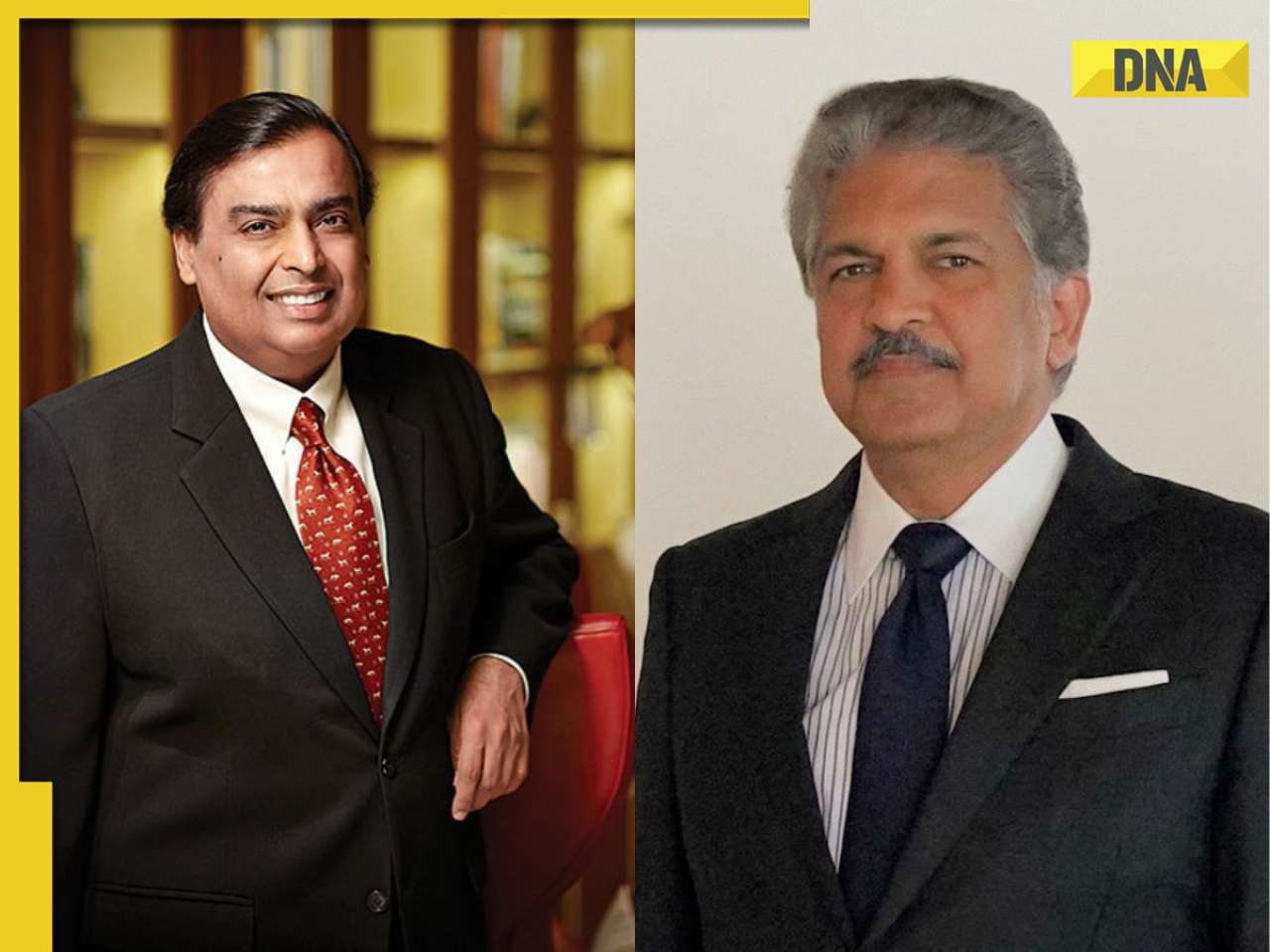PayPal Holdings Inc. stated that it would not be fining users for spreading false information.
After drawing criticism for releasing a new user agreement outlining such a plan, PayPal Holdings Inc. stated that it has no intention of fining users for disseminating false information.
The problem gained traction over the weekend after PayPal published policy updates that forbade users from using the service for actions it defined as "the sending, posting, or publication of any messages, content, or materials" promoting false information. The new Acceptable Use Policy, which will take effect on November 3, will prevent users from doing these things. According to the update, each violation may result in a fine of $2,500.
The notice included “incorrect information," a spokesperson for PayPal said in a statement to Bloomberg News. “PayPal is not fining people for misinformation and this language was never intended to be inserted in our policy."
Shares of the company tumbled as much as 5.3% to $85.43, the biggest intraday decline since July 26. They dropped 4.7% to $85.90 at 9:48 a.m. in New York.
Former company executives were outraged by the initial notice, including David Marcus, who served as PayPal's president from 2012 to 2014. Marcus referred to the action as "insanity" on Twitter. Elon Musk, the CEO of Tesla and a co-founder of the platform, tweeted that he agreed with Marcus.
Right-wing politicians in the US have long charged that large tech companies censor conservative viewpoints, with social media behemoths like Meta Platforms Inc. and Twitter Inc. drawing the most criticism. Musk, who is offering to pay $44 billion to acquire Twitter, has declared that free speech will take precedence on the social media site after criticising its treatment of individuals like rapper Kanye West and former President Donald J. Trump.
While Republican calls for more regulation of big tech have found support among some progressives, current proposals requiring platforms to safeguard user privacy and security have largely faltered as Congress pursues other priorities.
Conservative politicians and social media personalities also seized on the PayPal controversy, urging people to delete their PayPal accounts. Prior to the company's statement, Tim Scott, a Republican senator from South Carolina, said that his office would investigate the policy's legality and take any necessary steps to put an end to such "corporate activism."
![submenu-img]() Delhi-NCR weather update: Rain in parts of Delhi, Noida after record heat
Delhi-NCR weather update: Rain in parts of Delhi, Noida after record heat![submenu-img]() Hardik Pandya finally breaks silence amid divorce rumours with Natasa Stankovic
Hardik Pandya finally breaks silence amid divorce rumours with Natasa Stankovic![submenu-img]() Watch viral video: 17 cars gutted as fire erupts at parking lot in Delhi
Watch viral video: 17 cars gutted as fire erupts at parking lot in Delhi![submenu-img]() Explained: Why MS Dhoni cannot apply for India head coach job
Explained: Why MS Dhoni cannot apply for India head coach job![submenu-img]() Nargis, Bina Rai, Suraiya rejected this role, chosen actress refused Filmfare Award; film became classic, is based on...
Nargis, Bina Rai, Suraiya rejected this role, chosen actress refused Filmfare Award; film became classic, is based on...![submenu-img]() RBSE 10th Result 2024: Rajasthan Board Class 10 results to be out today; check time, direct link here
RBSE 10th Result 2024: Rajasthan Board Class 10 results to be out today; check time, direct link here![submenu-img]() Meet Indian genius who founded India's first pharma company, he is called 'Father of...
Meet Indian genius who founded India's first pharma company, he is called 'Father of...![submenu-img]() DU Admission 2024: Delhi University launches admission portal to 71000 UG seats; check details
DU Admission 2024: Delhi University launches admission portal to 71000 UG seats; check details![submenu-img]() Meet IAS officer, who became UPSC topper in 1st attempt, sister is also IAS officer, mother cracked UPSC exam, she is...
Meet IAS officer, who became UPSC topper in 1st attempt, sister is also IAS officer, mother cracked UPSC exam, she is...![submenu-img]() Meet student who cleared JEE Advanced with AIR 1, went to IIT Bombay but left after a year due to..
Meet student who cleared JEE Advanced with AIR 1, went to IIT Bombay but left after a year due to..![submenu-img]() DNA Verified: Did Kangana Ranaut party with gangster Abu Salem? Actress reveals who's with her in viral photo
DNA Verified: Did Kangana Ranaut party with gangster Abu Salem? Actress reveals who's with her in viral photo![submenu-img]() DNA Verified: New Delhi Railway Station to be closed for 4 years? Know the truth here
DNA Verified: New Delhi Railway Station to be closed for 4 years? Know the truth here![submenu-img]() DNA Verified: Did RSS chief Mohan Bhagwat praise Congress during Lok Sabha Elections 2024? Know the truth here
DNA Verified: Did RSS chief Mohan Bhagwat praise Congress during Lok Sabha Elections 2024? Know the truth here![submenu-img]() DNA Verified: Is CAA an anti-Muslim law? Centre terms news report as 'misleading'
DNA Verified: Is CAA an anti-Muslim law? Centre terms news report as 'misleading'![submenu-img]() DNA Verified: Lok Sabha Elections 2024 to be held on April 19? Know truth behind viral message
DNA Verified: Lok Sabha Elections 2024 to be held on April 19? Know truth behind viral message![submenu-img]() Avneet Kaur shines in navy blue gown with shimmery trail at Cannes 2024, fans say 'she is unstoppable now'
Avneet Kaur shines in navy blue gown with shimmery trail at Cannes 2024, fans say 'she is unstoppable now'![submenu-img]() Assamese actress Aimee Baruah wins hearts as she represents her culture in saree with 200-year-old motif at Cannes
Assamese actress Aimee Baruah wins hearts as she represents her culture in saree with 200-year-old motif at Cannes ![submenu-img]() Aditi Rao Hydari's monochrome gown at Cannes Film Festival divides social media: 'We love her but not the dress'
Aditi Rao Hydari's monochrome gown at Cannes Film Festival divides social media: 'We love her but not the dress'![submenu-img]() AI models play volley ball on beach in bikini
AI models play volley ball on beach in bikini![submenu-img]() AI models set goals for pool parties in sizzling bikinis this summer
AI models set goals for pool parties in sizzling bikinis this summer![submenu-img]() DNA Explainer: Why was Iranian president Ebrahim Raisi, killed in helicopter crash, regarded as ‘Butcher of Tehran’?
DNA Explainer: Why was Iranian president Ebrahim Raisi, killed in helicopter crash, regarded as ‘Butcher of Tehran’?![submenu-img]() DNA Explainer: Why did deceased Iranian President Ebrahim Raisi wear black turban?
DNA Explainer: Why did deceased Iranian President Ebrahim Raisi wear black turban?![submenu-img]() Iran President Ebrahim Raisi's death: Will it impact gold, oil prices and stock markets?
Iran President Ebrahim Raisi's death: Will it impact gold, oil prices and stock markets?![submenu-img]() Haryana Political Crisis: Will 3 independent MLAs support withdrawal impact the present Nayab Saini led-BJP government?
Haryana Political Crisis: Will 3 independent MLAs support withdrawal impact the present Nayab Saini led-BJP government?![submenu-img]() DNA Explainer: Why Harvey Weinstein's rape conviction was overturned, will beleaguered Hollywood mogul get out of jail?
DNA Explainer: Why Harvey Weinstein's rape conviction was overturned, will beleaguered Hollywood mogul get out of jail?![submenu-img]() Nargis, Bina Rai, Suraiya rejected this role, chosen actress refused Filmfare Award; film became classic, is based on...
Nargis, Bina Rai, Suraiya rejected this role, chosen actress refused Filmfare Award; film became classic, is based on...![submenu-img]() Meet Shah Rukh Khan, Akshay Kumar’s heroine, who gave 19 flops in 14 years, quit films; now runs India’s first…
Meet Shah Rukh Khan, Akshay Kumar’s heroine, who gave 19 flops in 14 years, quit films; now runs India’s first…![submenu-img]() Meet actress, who lost films to star kids, was insulted by on shoot; later worked in biggest Indian film, is worth...
Meet actress, who lost films to star kids, was insulted by on shoot; later worked in biggest Indian film, is worth...![submenu-img]() Jitendra Kumar says there is scope for multiple seasons of Panchayat, opens up on chances of season 4 | Exclusive
Jitendra Kumar says there is scope for multiple seasons of Panchayat, opens up on chances of season 4 | Exclusive![submenu-img]() Randeep Hooda marks Swatantrya Veer Savarkar OTT release with visit to cellular jail in Andaman, sees Savarkar's cell
Randeep Hooda marks Swatantrya Veer Savarkar OTT release with visit to cellular jail in Andaman, sees Savarkar's cell![submenu-img]() Meet Mukesh Ambani's bahu Radhika Merchant's makeup artist, whose client is Alia Bhatt, her fees is...
Meet Mukesh Ambani's bahu Radhika Merchant's makeup artist, whose client is Alia Bhatt, her fees is...![submenu-img]() 'All Eyes On Rafah' campaign goes viral on social media, here's what the image means
'All Eyes On Rafah' campaign goes viral on social media, here's what the image means![submenu-img]() Mukesh Ambani's son Anant Ambani, Radhika Merchant's 2nd pre-wedding bash begins today: Know all details here
Mukesh Ambani's son Anant Ambani, Radhika Merchant's 2nd pre-wedding bash begins today: Know all details here![submenu-img]() Viral video: Woman takes over streets of London in lungi, here’s how locals reacted
Viral video: Woman takes over streets of London in lungi, here’s how locals reacted![submenu-img]() Which countries are witnessing rapid increase in Muslim population? Where does India stand? Check full list here
Which countries are witnessing rapid increase in Muslim population? Where does India stand? Check full list here








































)

















)
)
)
)
)
)